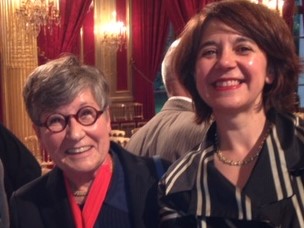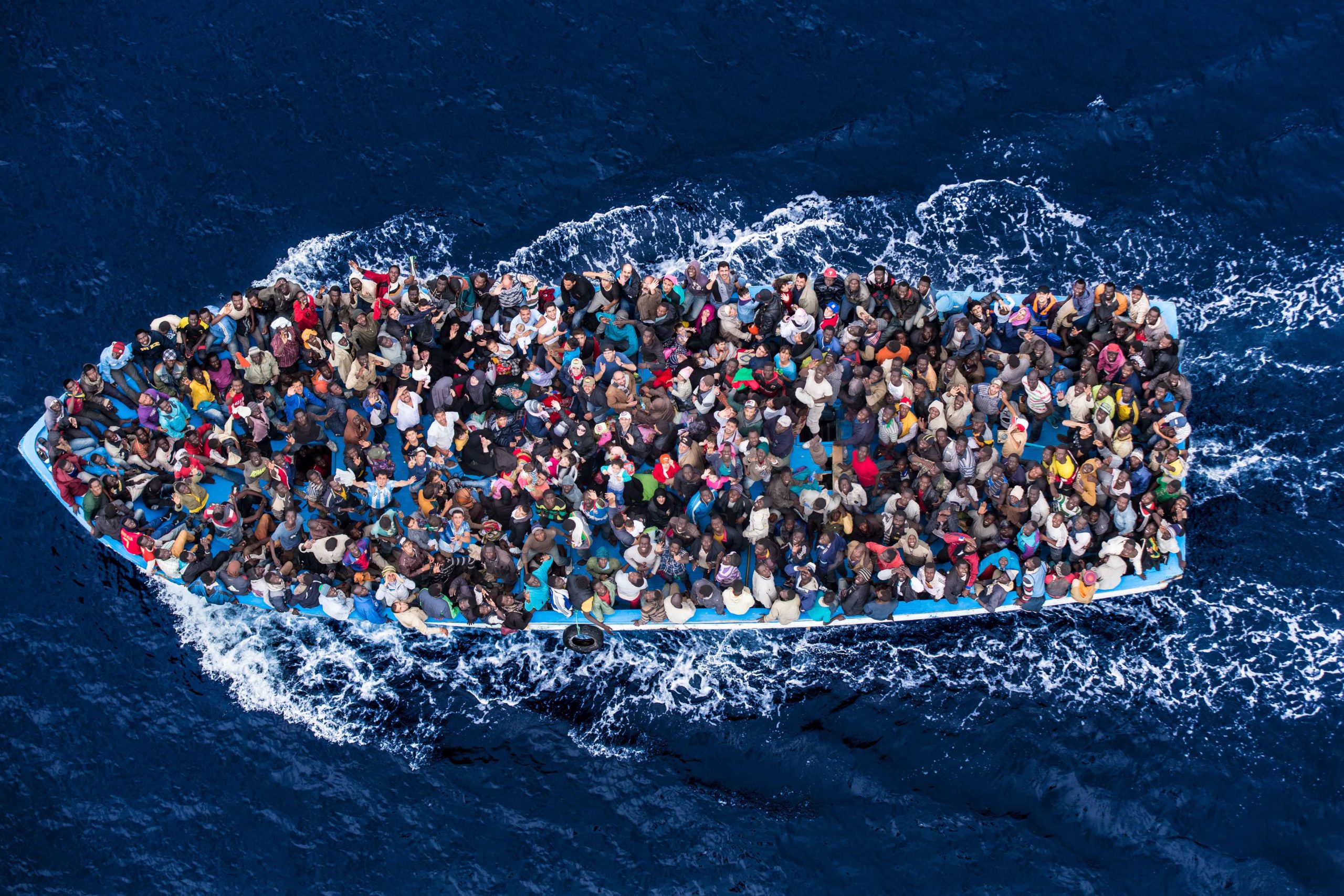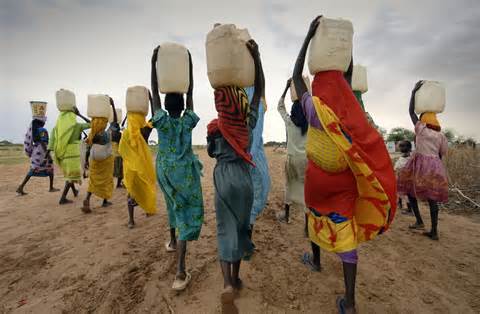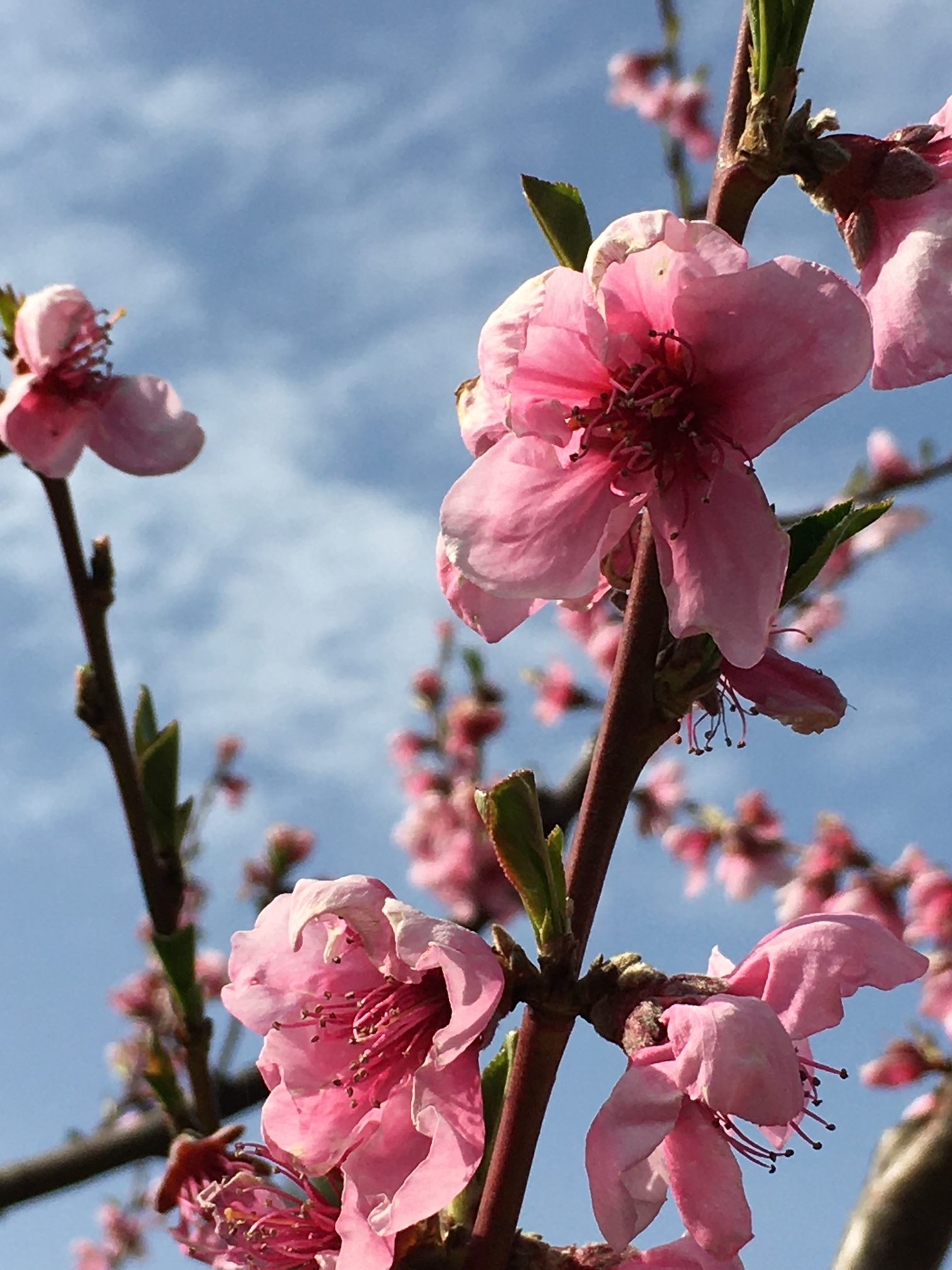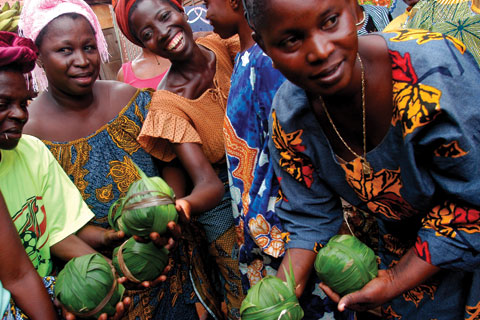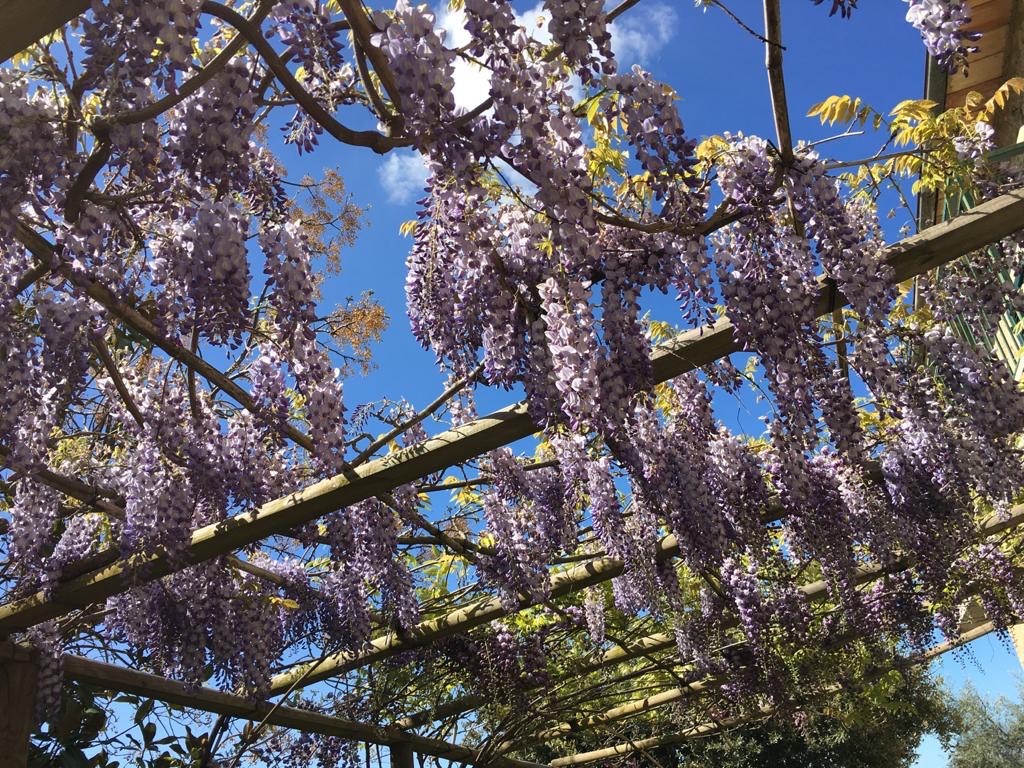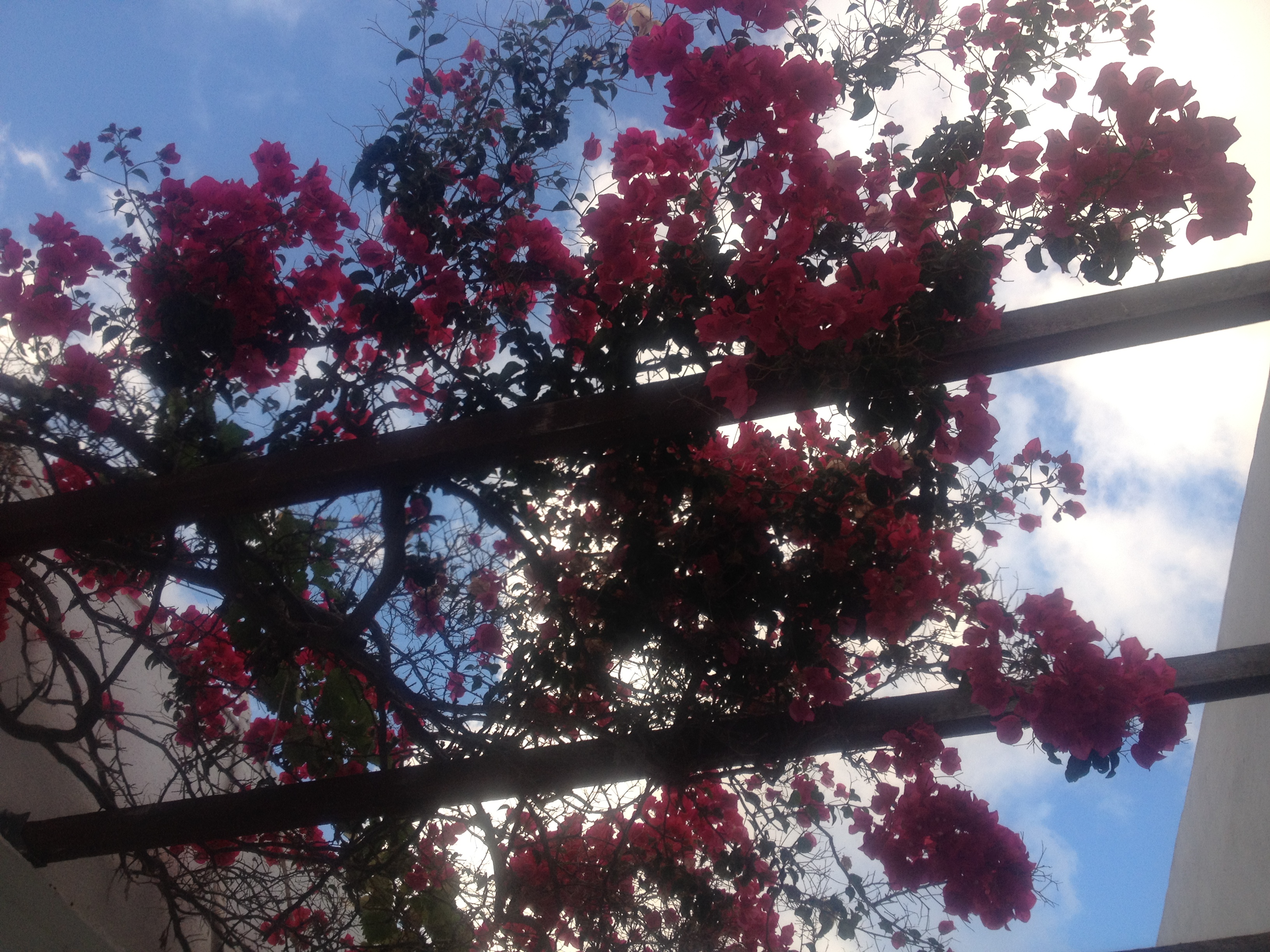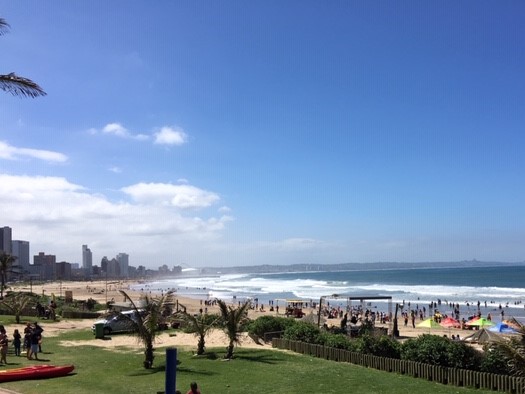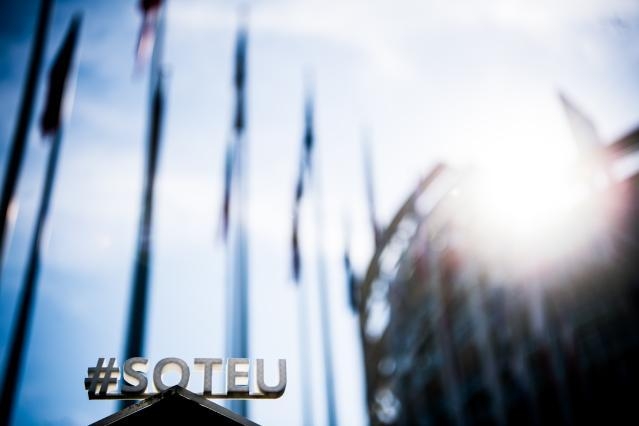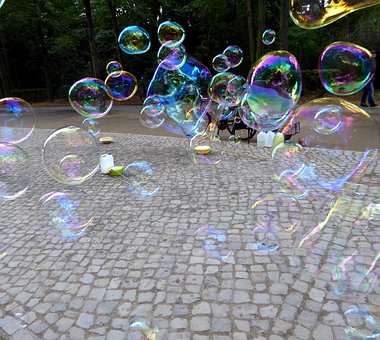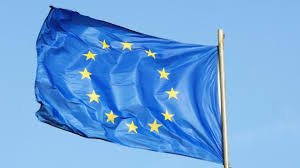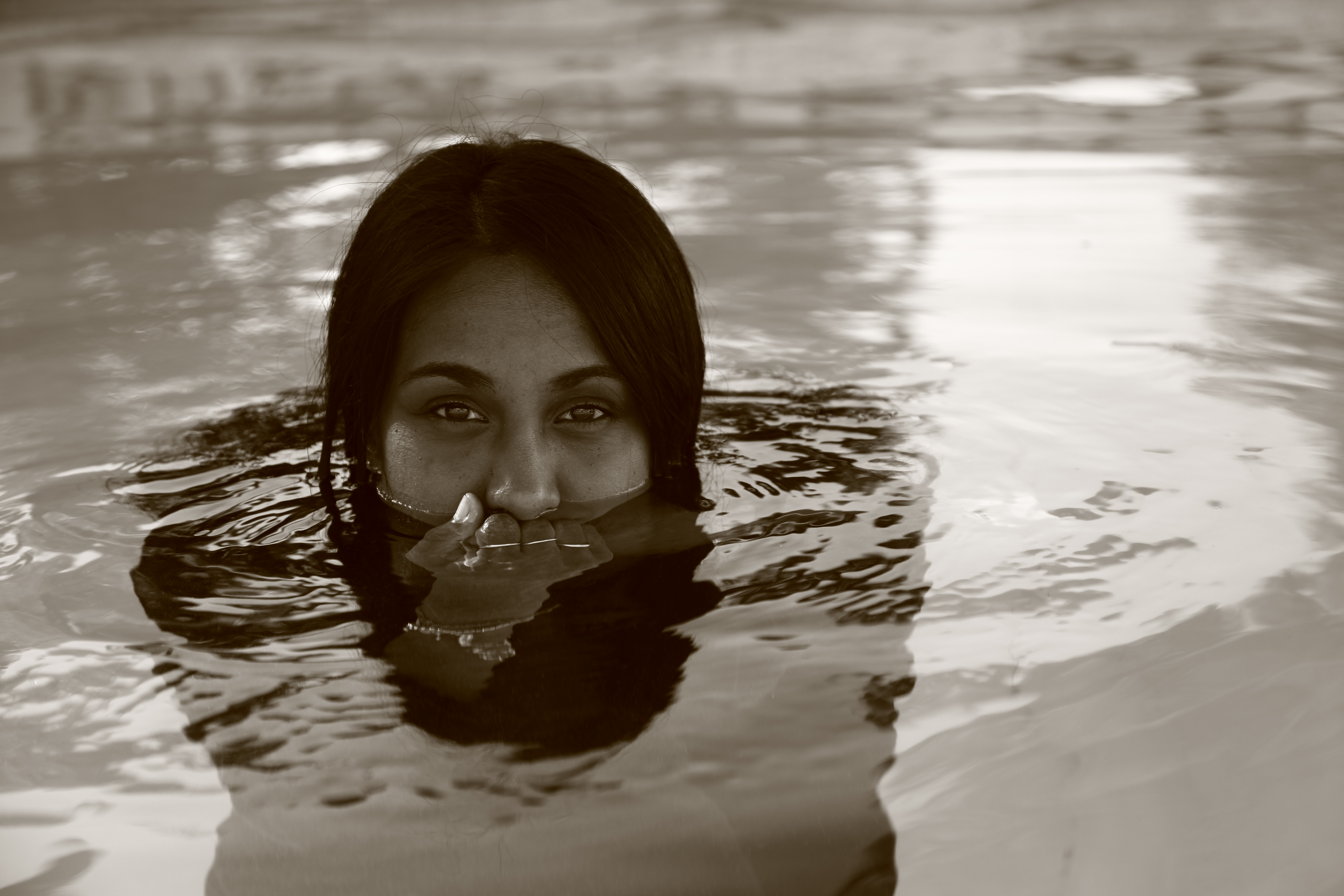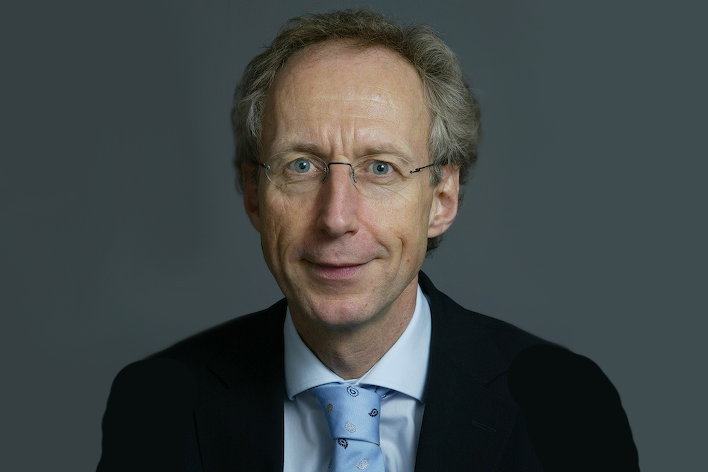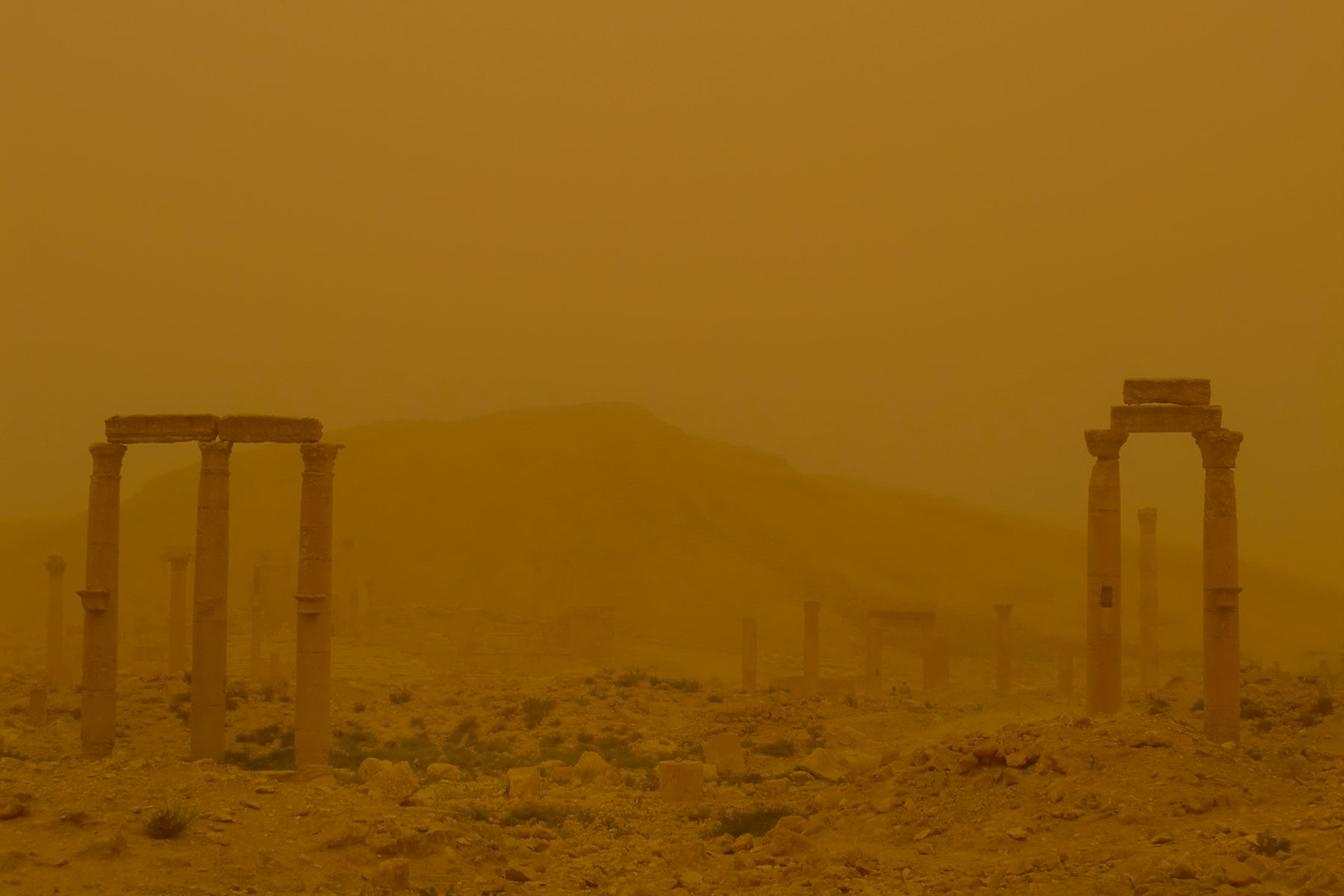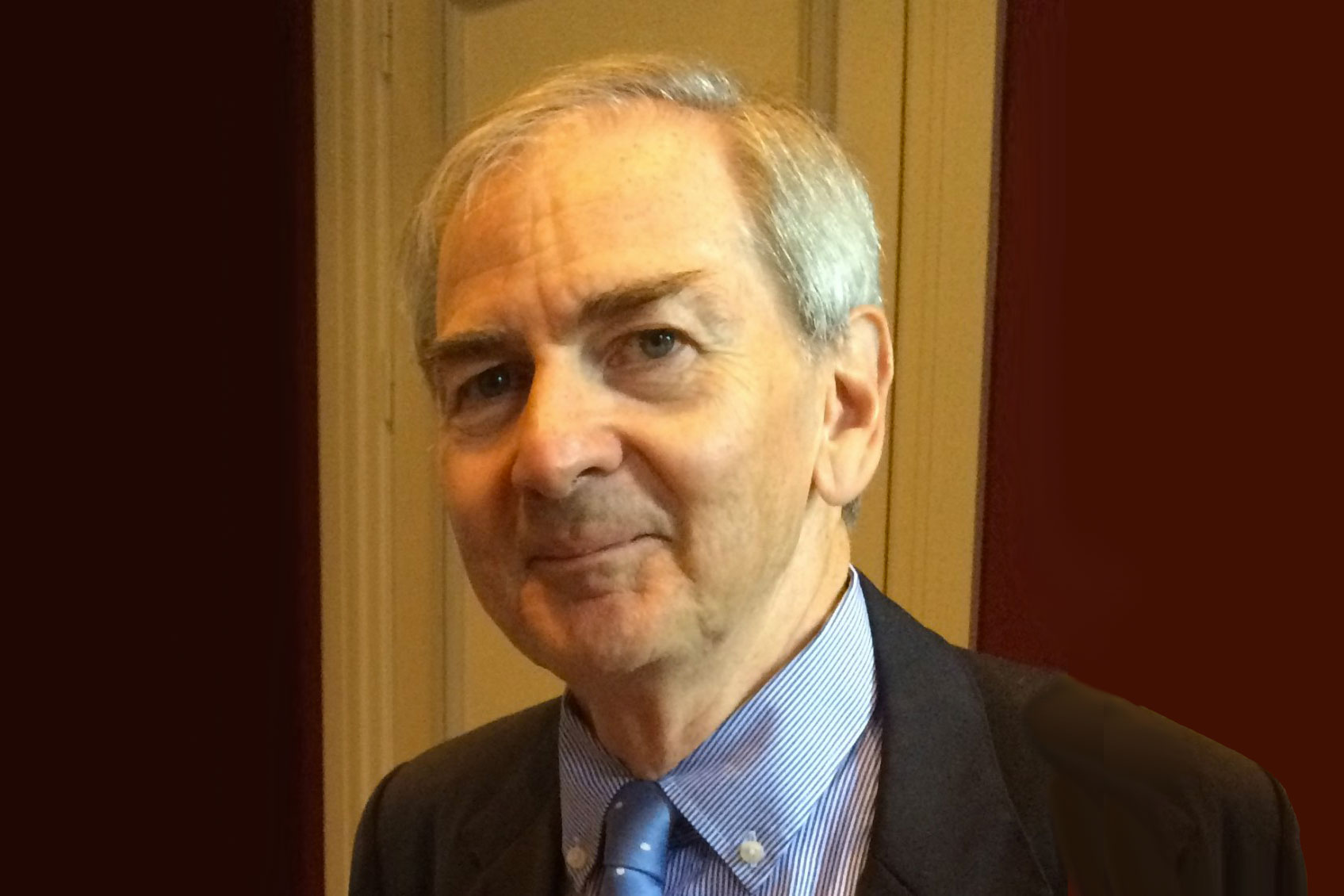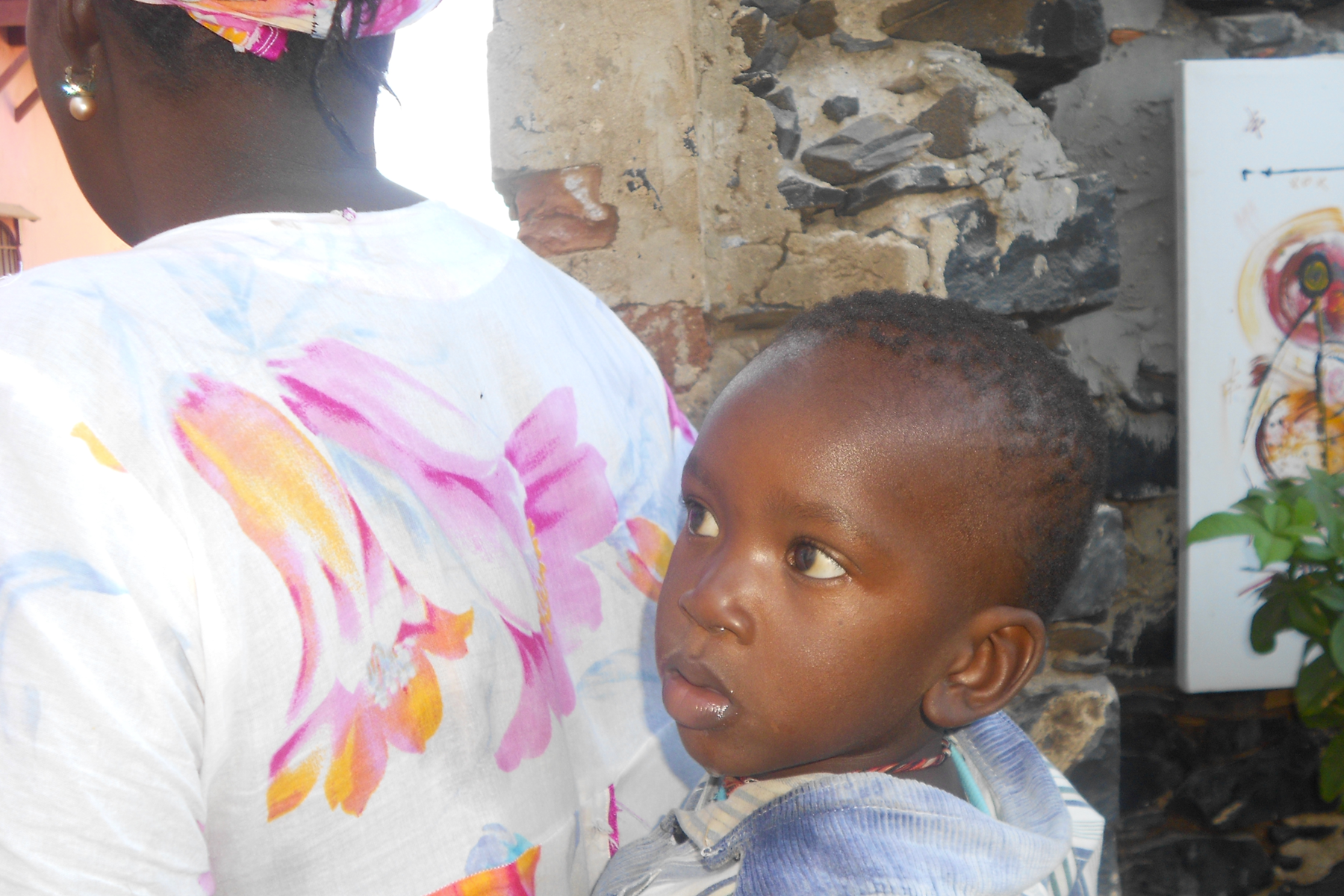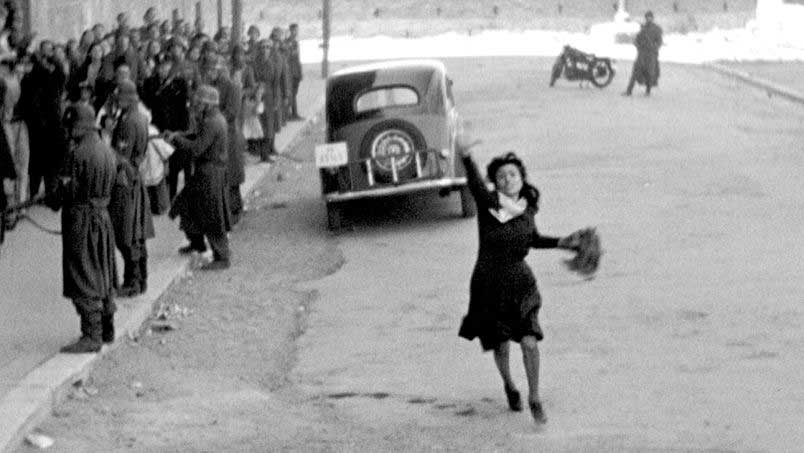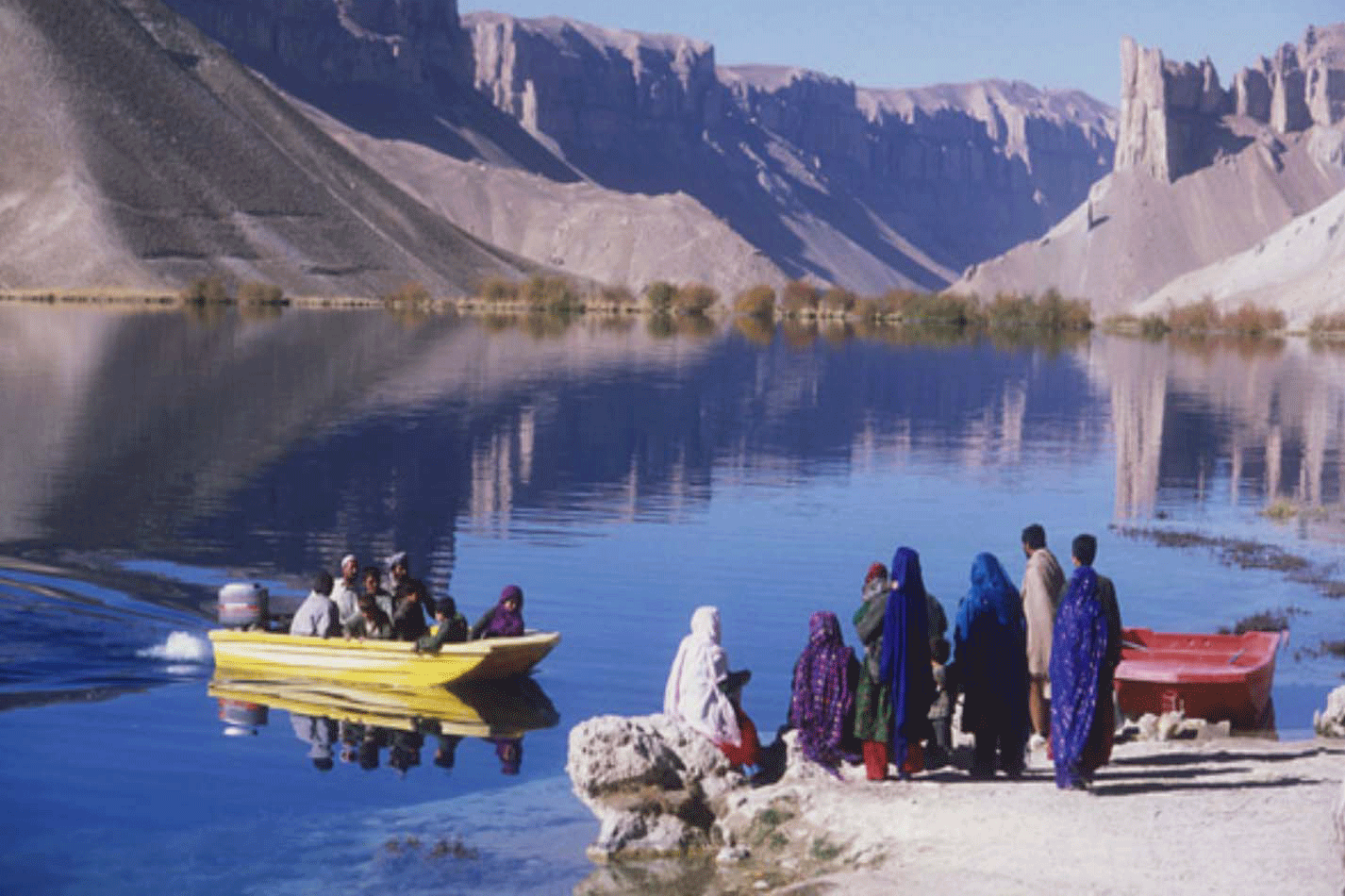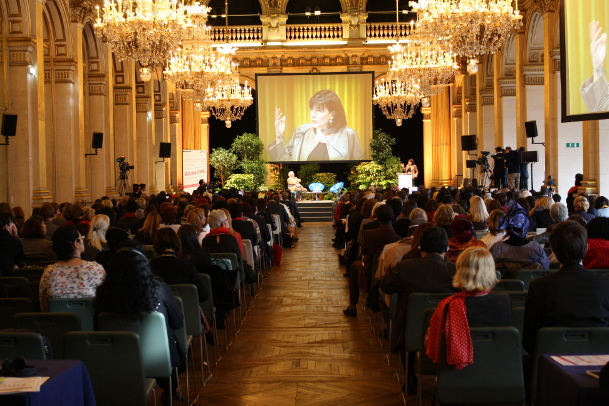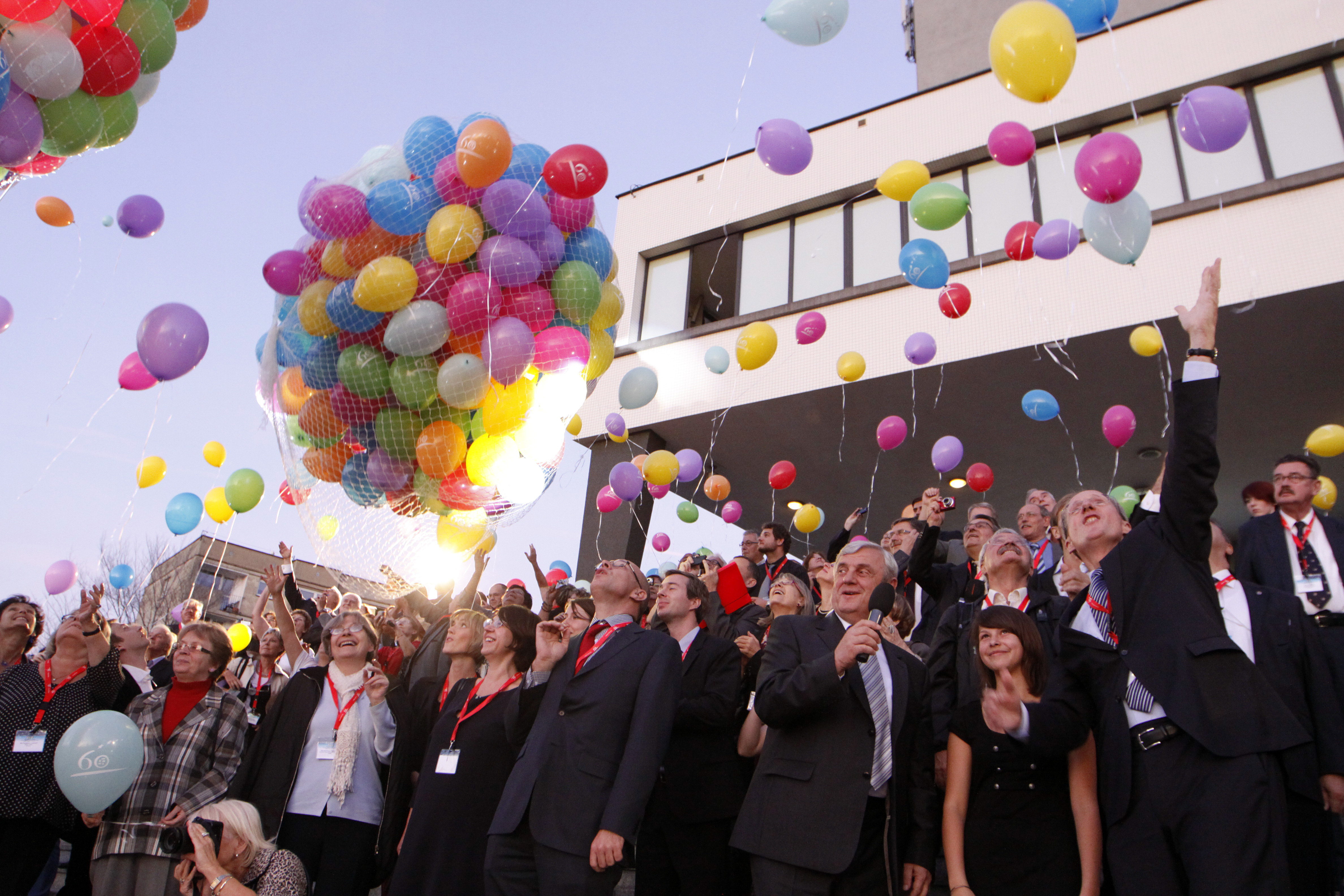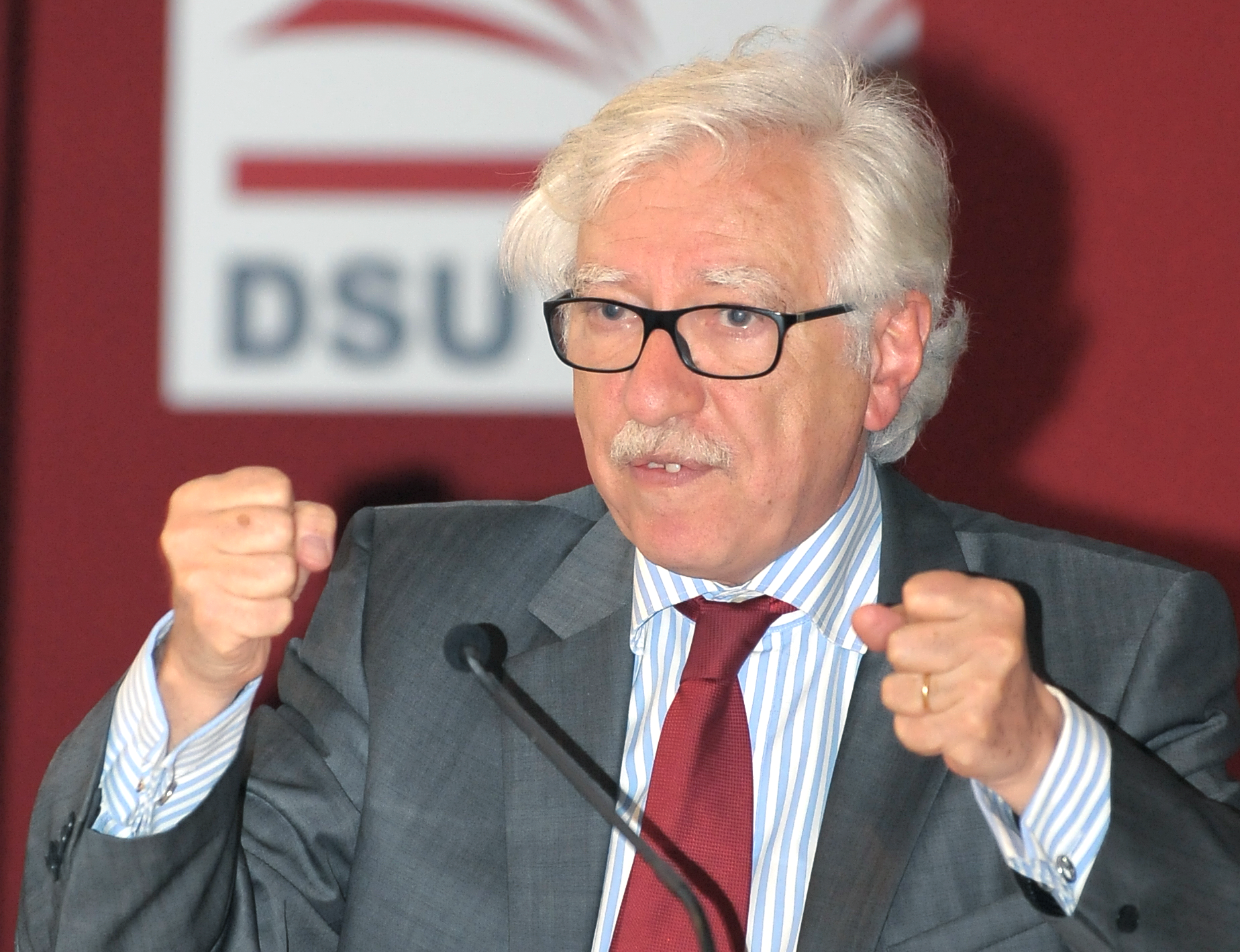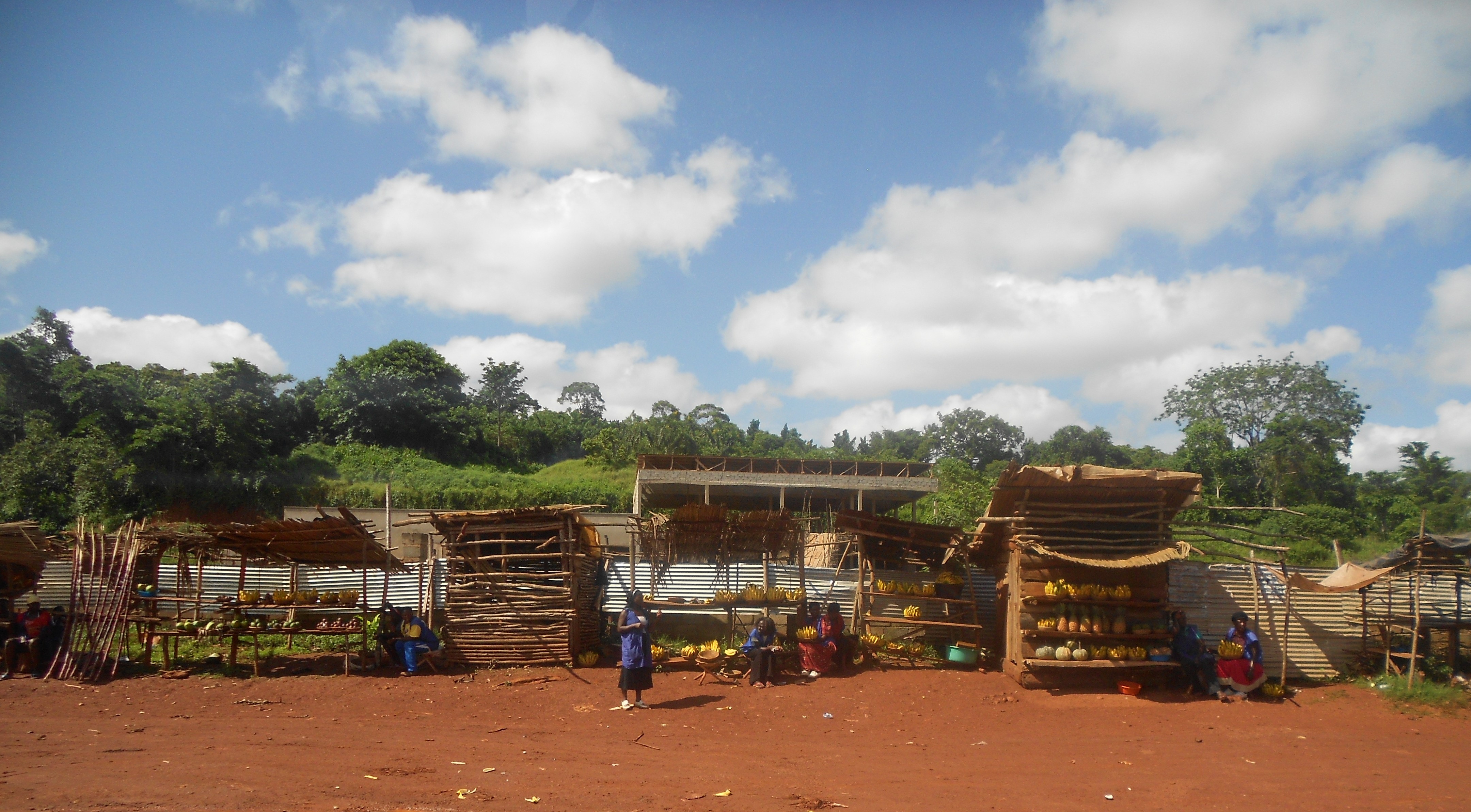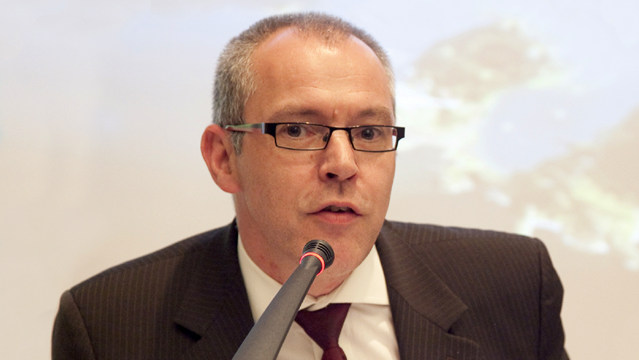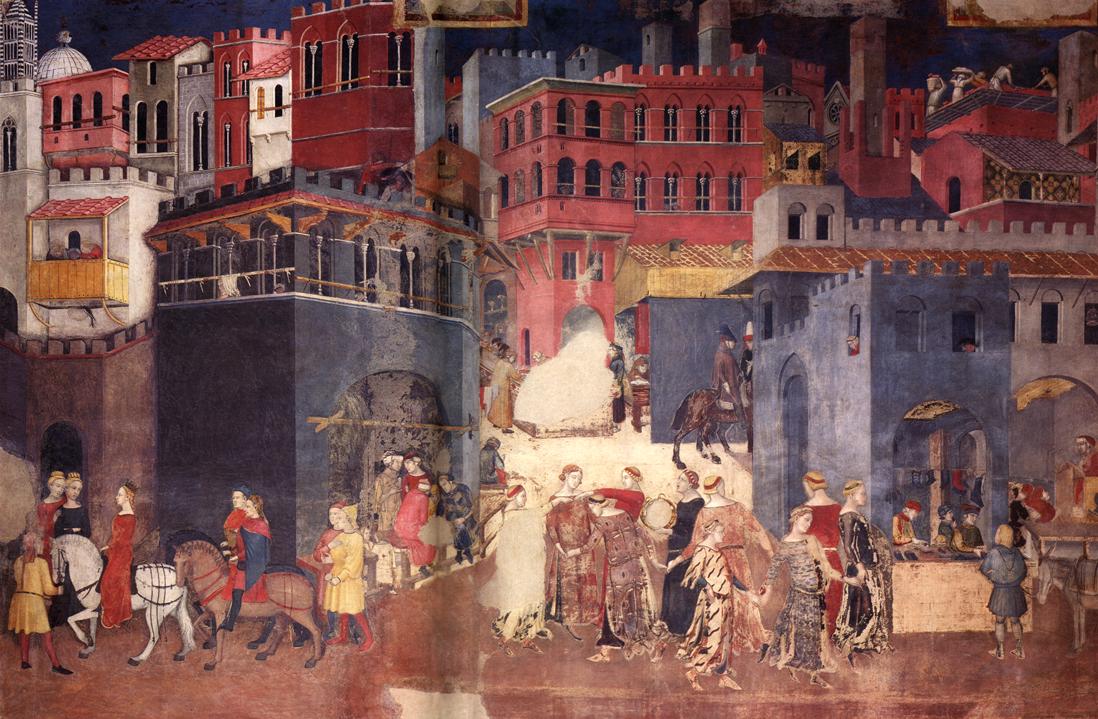The Tragedy of Syria and the Syrians
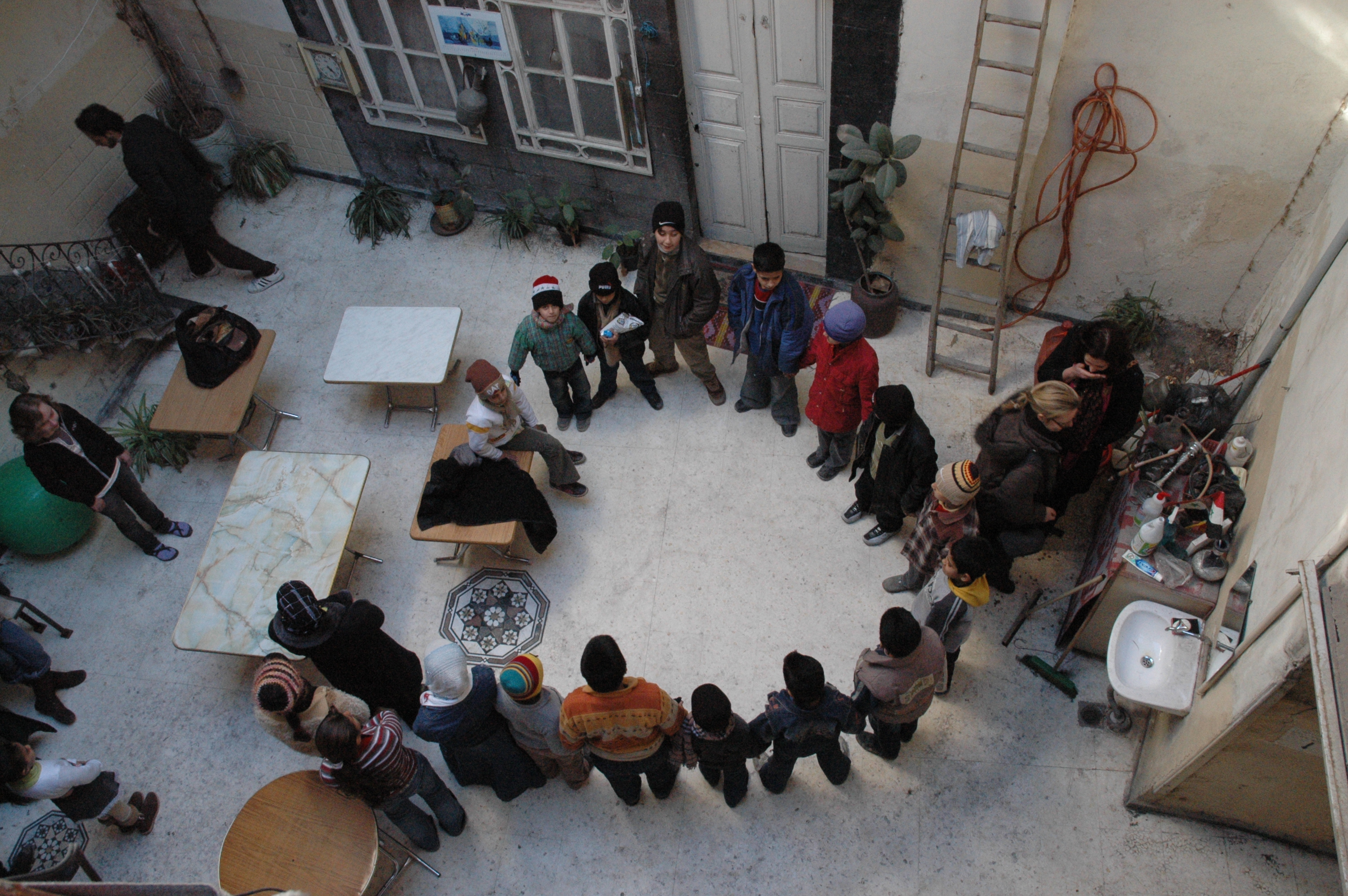
My first trip to Syria was in April 2008. I returned there in 2009 and 2011. I knew Syria before the war – from Damascus to Dura-Europos, Aleppo to Bosra, Apamea to Palmyra, Mari to Krak des Chevaliers – a magnificent country with people who are very welcoming. Today, I feel much sadness when I think of what they are going through.
Before the war, Syria was a closed country ruled with an iron fist, which had undergone the same traumatic upheavals as so many other countries in the region, as well as a continuing, constant oppression. The people seemed to be aware of their difficult situation but nothing in their expression or remarks ever gave any indication of their feelings on the matter; it was not something they could do. Travelling was also not something everyone could do, but was restricted to only a privileged few; satellites and Internet would allow in views of the world outside of its borders, but it was a world beyond the reach of most.
Beginning in 2007, tourists began to arrive. Westerners discovered the archaeological treasures of this crossroads of ancient civilisations. Syrians were delighted to share the wonders of their country with them and to establish contacts with the outside. The dawning of a new era was in sight with the possibility of openness and dialogue with the West, from an economic standpoint and perhaps a political one as well.
During my first trip, I discovered how much these lands had inspired our culture. The caravanserais that now house souks or restaurants had in the past welcomed European merchants crossing the silk route who would stop there for refreshment and rest. I thought of the cathedrals in Siena, Florence, Pisa and Orvieto as examples of a transposition of this style (with their structures in black and white marble) that crusaders, merchants and explorers such as Marco Polo took home with them.
I first discovered Syria thanks to the invitation of a former colleague, David, who had worked with me at CEMR for two years, and whose skills and intelligence I greatly appreciated, but who had warned me from the start that he would only be staying for two years as his dream was to go learn Arabic in Damascus. When the time came for him to leave, perhaps as his way of making it up to me, he promised me that I would be his first guest. He kept his word and I will be forever grateful to him for giving me the chance to discover this country where he welcomed me by saying “Welcome to the country of spirituality!”. It was true. For in spite of the hardships of daily life, or perhaps because of them, in Syria there was a feeling of relationship with others, a genuine spirit of generosity that inspired experiences on a human level that, for me, were unforgettable.
Syria at the time had suffered a great impact from the war in Iraq. A country of around 20 million inhabitants suddenly experienced the influx of more than 2 million refugees from Iraq. David was helping out refugee families by giving courses to the children who could not go to school and he would tell me stories of the tragic fate of those who lost their homes and family members during the American invasion, who were now waiting, accompanied by those who were ill, disabled, living with little or nothing, in the hope that an American NGO would help them to leave and go to the country of Bush!
The Syrians took in these refugees from a sense of solidarity but could not help but mutter and look warily upon these thousands of mouths to feed and house when they themselves were not exactly rolling in money!
In March 2011, I was invited to Damascus to attend a conference launching a programme for decentralisation in Syria supported by the EU that had our Swedish Association as one of its main partners and which I had backed and helped to set up. Upon returning to Paris, while waiting to go through passport control at the Charles de Gaulle Airport, we saw scenes from Damascus where the first winds of the Arab Spring had begun to blow; it was then we realised what the mysterious noises we had heard in the sky that night had been. We all know what happened next.
All of this took place not that long ago!
To date, the Syrian conflict has taken around 200 000 lives. The number of people needing humanitarian assistance inside Syria has now reached 10.8 million; displaced persons number around 6.4 million and half of them are children. According to a United Nations report, some 4.1 million Syrians are refugees abroad, which amounts to 1/5 of the total population. The United Nations believes that around 660 000 of them are being housed in refugee camps. The remaining 3.4 million have found shelter in private homes. Every 17 seconds, the UN High Commissioner for Refugees stated this summer, a Syrian becomes a refugee and ends up in Lebanon, Jordan, Turkey, Iraqi Kurdistan or Egypt.
At the end of September, a seminar on “Capacity Building of Local and Regional Authorities in the Mashreq” took place in Amman, Jordan which was organised by Platforma(1), with the help of EU financing(2), active contributions from Cités Unies France(3) and SKL International(4) and the support of UCLG(5), particularly MEWA(6), its Middle East Section based in Istanbul.
Some fifty-odd Mayors, elected representatives and regional experts took part in the debates which focused on the situation of local governments in the Mashreq, especially the one that the municipalities in the region are facing as a result of the Syrian crisis and notably the reception of Syrian refugees.
Cités Unies France presented a very thorough report at this event, the contents of which I will refer to in this article. According to this report, more than a million Syrian refugees have registered with the UNHCR in Lebanon; nearly 600 000 in Jordan, around 220 000 in Iraq and 130 000 in Egypt. Iraq is the only country that has closed its border with Syria in order to prevent an influx of thousands of refugees, but the Kurdish Region has received the Syrian population in an act of ethnic solidarity. The report emphasises the legal vacuum that exists concerning the question of refugees in Jordan, Lebanon and Iraq. These States never signed the 1951 Geneva Convention on the status of refugees. Officially, they are considered to be guests but do not enjoy any legal protection. In certain States, like Lebanon and Jordan, refugees are not permitted to move about freely and have been ordered to stay in the camps (in the case of Jordan). Lastly, the status of Palestinian refugees who have left Syria is very precarious and they can no longer leave Lebanon, for example. The case of Egypt is also a particular one. The country signed the 1951 Geneva Convention and therefore has an obligation, under international law, to protect any refugees on its territory.
To use the terms in the report, “with time, refugees have become a major exacerbating factor in the fragile social and economic situations in the Mashreq States(7)”.
Winter is coming and there are children, elderly, women, men who are all living in intolerable conditions. And their return to their home country will not be happening any time soon.
In this new developing situation, municipalities are the authorities managing basic services for the population such as waste management and the maintenance of public spaces. The situation has become increasingly tense as the ever-growing number of refugees weighs on the already rather scarce resources such as water, electricity, employment, health services and education.
The municipalities are finding it increasingly difficult to ensure basic services for the population which then addresses its claims to the mayors who have to deal with the growing discontent.
It became quite clear at the seminar that the municipalities in these countries often do not have the necessary expertise nor the resources to manage a situation such as the one that is arising.
As stated in the Cités Unies France report: “Municipalities in the Mashreq States theoretically have jurisdiction over relatively important sectors. […] In practice, municipalities only have very basic jurisdiction, such as over cleaning and maintaining public spaces, garbage collection, maintaining public infrastructure, waste water disposal and public lighting. In the water sector for example, with the exception of Palestine, Mashreq municipalities are only responsible for maintenance and infrastructure. All planning and water distribution is carried out by the central authorities.”
As we know, NGOs are very active when it comes to helping with the emergency created by the war in Syria and in the neighbouring countries with the arrival of refugees. But even the major activities carried out by NGOs cannot take the place of the actions of local authorities.
So what should be done then in light of this emergency?
We know that the NGOs present in the area organise services and people’s everyday lives. Many NGOs have been created in Western host countries as well, often at the initiative of refugees themselves, to organise the sending of clothing, medicine and money to Syria and the adjacent countries.
In addition to these initiatives however, actions and projects with a lasting impact on the territory and the whole population need to be organised.

The European Union has set up programmes providing Syrian refugees with support and remains the leader of the international response to the Syrian crisis with a total budget of around 2.8 billion euro collectively mobilised by the European Commission and the Member States. Municipalities, as well as their associations, from the countries bordering Syria that have taken in refugees are eligible to take part in certain programmes which make it possible, for example, to set up cooperation efforts between municipalities and NGOs.
Such ties of cooperation allow the developing situation to be managed in a collaborative manner and ensure a continuity in services that the NGOs could not guarantee by themselves since they have neither the tools nor the required jurisdiction.
The representatives of the municipalities who were present in Amman reiterated the importance of their receiving international support under the framework of intermunicipal cooperation. This support is vital both in terms of organising immediate aid but also and especially in terms of planning and the implementation of a mid-term and long-term development strategy.
In the longer term, the question of decentralisation is crucial. It now represents a priority for the European Union, which has just launched a specific strategy in this regard as part of its 2014-2020 programming period. This will be discussed further in a future article.
For now, the situation of the Syrian refugees requires urgent responses.
It is important that the municipalities and their associations mobilise and make use of the aid that the European Union (or other donors for that matter) is proposing in order to come to the assistance of the population. The municipalities and the associations in our countries can support these projects and demonstrate the true meaning of solidarity.
I remain at your disposal should you wish further information on this topic and to support any actions aimed at helping the Syrian refugees and the reconstruction of the Syria of tomorrow.
(1)Platforma is the voice of local and regional authorities for development. For more information, please visit www.platforma-dev.eu
(2)The project of Platforma is supported under the NSA/LA programme and aims to strengthen the EU’s dialogue with local and regional authorities from other continents that benefit from European development aid.
(3)Cités Unies France is a federation of French local and regional authorities committed to international cooperation. See: www.cites-unies-france.org
(4)SKL International is an agency affiliated with the Swedish Association of Local Authorities and Regions (SALAR) that specialises in providing expertise to strengthen good governance and local democracy. See: www.sklinternational.se
(5)UCLG: world organisation of local authorities, United Cities and Local Governments. See: www.uclg.org
(6)MEWA: The Middle East and West Asia Section of UCLG. See: www.uclg-mewa.org
(7) According to the CUF report, the term Mashreq means “place of the rising sun” in Arabic, as opposed to the term Maghreb, which means “place of the setting sun”. The Mashreq is also used as a synonym for the Middle East since it designates the following countries: Iraq, Syria, Lebanon, Jordan, Palestine as well as Egypt, even if its inclusion in the group of Mashreq countries is often subject to debate.




 All news
All news
